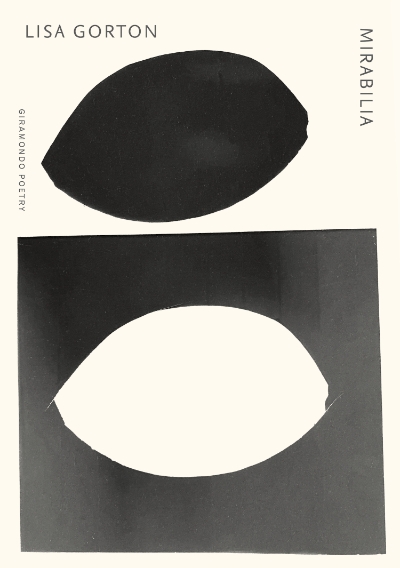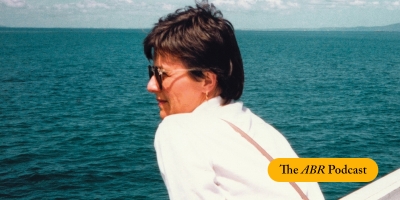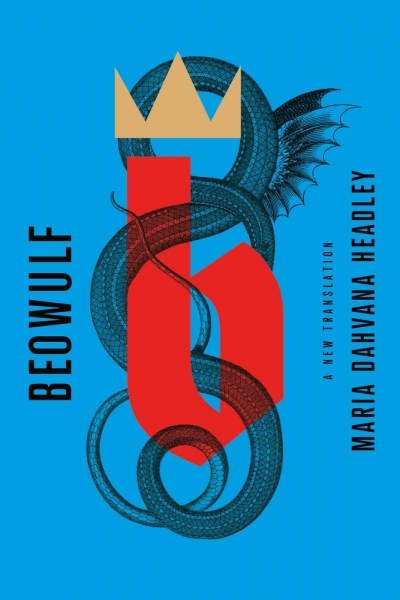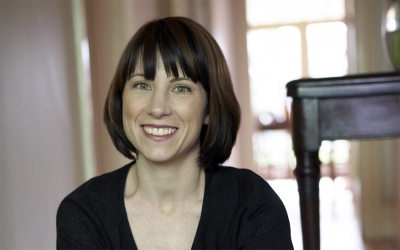Lisa Gorton
Film | Theatre | Art | Opera | Music | Television | Festivals
Welcome to ABR Arts, home to some of Australia's best arts journalism. We review film, theatre, opera, music, television, art exhibitions – and more. To read ABR Arts articles in full, subscribe to ABR or take out an ABR Arts subscription. Both packages give full access to our arts reviews the moment they are published online and to our extensive arts archive.
Meanwhile, the ABR Arts e-newsletter, published every second Tuesday, will keep you up-to-date as to our recent arts reviews.
Recent reviews
A new prize for Miles Franklin
Miles Franklin turns fifty this year. Well, 128, to be strictly biographical. Three years after the death of Miles Franklin (1879–1954), the inaugural Miles Franklin Literary Award was inaugurated. This year, the judges have rather more money to present ($42,000) than they did in 1957, when Patrick White’s Voss won the Award.
... (read more)‘I would like to write about dominance, revulsion, separation, the horrible struggles between people who love each other,’ wrote Helen Garner, foreshadowing How to End a Story, the final instalment of her published diaries, following Yellow Notebook (2019) and One Day I’ll Remember This (2020). While the first two volumes spanned eight years apiece, How to End a Story spans only three. Starting in 1995, shortly after shortly after the release of Garner’s The First Stone, it details the dissolution of her marriage to another writer, V. As Lisa Gorton notes, this volume differs from its precursors both in tone and focus: ‘This one is as compelling as a detective story. This one is edited with the sense of an ending.’
... (read more)How to End a Story: Diaries 1995–1998 by Helen Garner
Lexicographers, not just newspapers and television, respond to disasters. Language is never fixed, never finished, never done. In recent months, language has been shaped by the coronavirus. In this episode, Amanda Laugesen, director of the Australian National Dictionary Centre at ANU and editor of The Australian National Dictionary, discusses coronaspeak, the language of lockdown.
... (read more)Lisa Gorton began publishing in ABR in 2003. Since then she's given us several dozen review essays and poems. Lisa has published three poetry collections, most recently the acclaimed Empirical, a Giramondo publication. Her novel, The Life of Houses, shared the 2016 Prime Minister's Literary Award for Fiction.
This month we published Lisa's long poem 'On the Characterisation of Male Poets' Mothers'. As Lisa explains, the poem almost entirely comprises a medley of quotes that describe famous poets' mothers – sourced all from Wikipedia.
... (read more)I
Charles Baudelaire’s mother—
orphaned at seven—living
on the charity of friends—
at twenty-six married
an ex-priest, widower—
After her husband died she married again
and was happy—
It is strangely moving to learn how a reader thinks about something I’ve written. Mostly, I’ve been lucky to have reviewers who crystallise, for me, some pattern in my thinking or inchoate hope for the work. It helps me to start something new. I learn as much, perhaps, from reviews of other people’s work – other approaches, a sense of connection.
... (read more)







